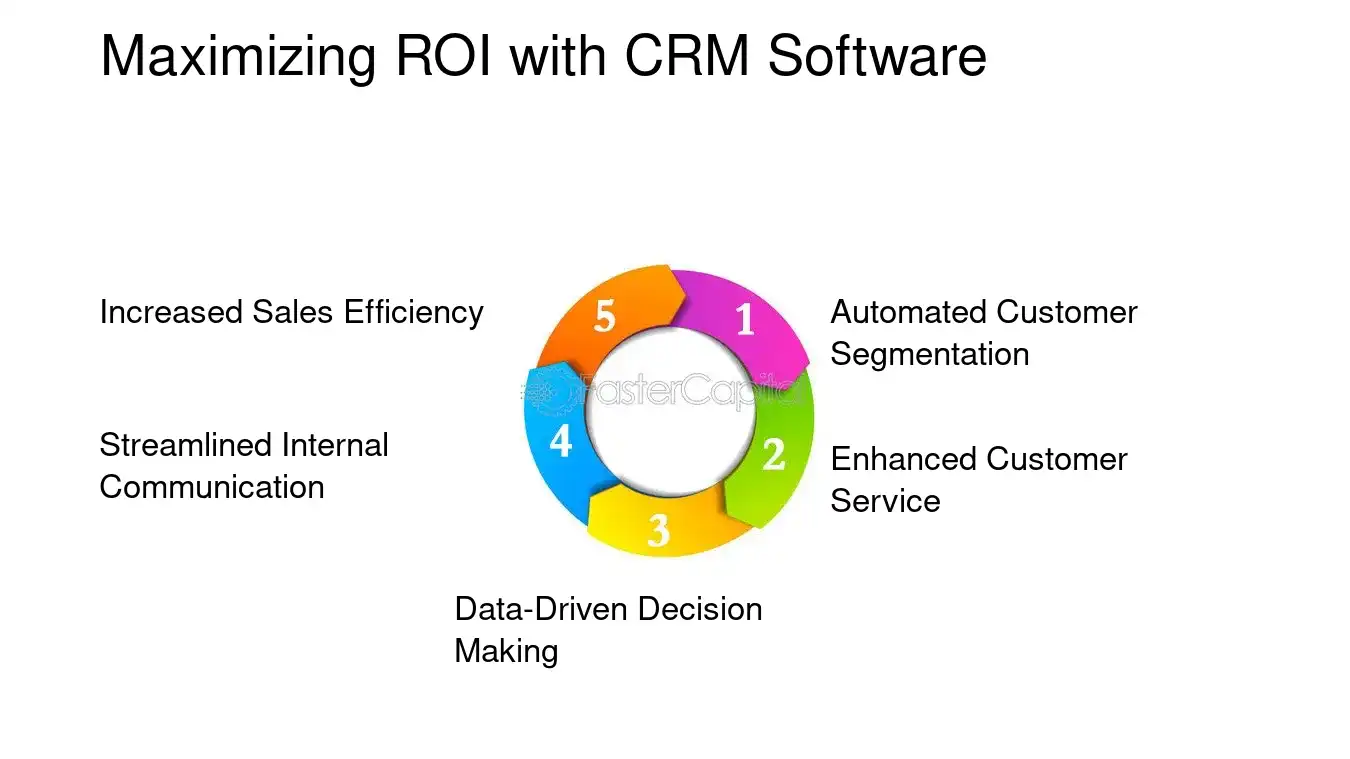In the digital age, businesses of all sizes face increasing pressure to deliver exceptional customer experiences while maintaining operational efficiency. One of the most powerful tools for achieving this is Business CRM (Customer Relationship Management) software. Designed to centralize, manage, and analyze customer interactions, CRM software has become essential for businesses seeking to improve sales performance, marketing effectiveness, and customer service.
This article explores what business CRM software is, why it’s important, and how it can empower organizations to thrive in competitive markets.
What Is Business CRM Software?
Business CRM software is a technology solution that helps companies manage their interactions with current and potential customers. It acts as a centralized database where businesses can store customer information, track communications, manage sales pipelines, automate workflows, and analyze performance data.
Whether you’re a startup or an enterprise, CRM software allows teams across marketing, sales, and customer support to collaborate more efficiently and build lasting relationships with clients.
Core Functions of CRM Software
A comprehensive business CRM typically includes the following functionalities:
1. Contact and Lead Management
-
Store and organize customer data, including names, contact information, purchase history, and preferences.
-
Track leads from initial inquiry through conversion.
2. Sales Pipeline Management
-
Visualize sales stages and progress of deals.
-
Set reminders for follow-ups and prioritize high-potential opportunities.
3. Marketing Automation
-
Create and schedule email campaigns, segment audiences, and track engagement.
-
Run lead nurturing workflows that respond to user behavior.
4. Customer Service Tools
-
Manage support tickets, live chat interactions, and knowledge base content.
-
Ensure timely and consistent responses to customer inquiries.
5. Reporting and Analytics
-
Generate reports on sales performance, customer retention, and campaign ROI.
-
Use dashboards to monitor team activity and identify trends.
6. Integration Capabilities
-
Connect with other tools such as email platforms, social media, e-commerce systems, and ERP software for a seamless workflow.
Benefits of Using CRM Software for Business
Implementing CRM software can transform how businesses engage with their customers and manage their internal processes. Key benefits include:
Improved Customer Relationships
By having a complete view of each customer’s journey, businesses can deliver personalized experiences and build trust.
Increased Efficiency and Productivity
Automation reduces manual tasks, allowing staff to focus on higher-value activities like relationship-building and strategic planning.
Data-Driven Decision Making
Access to real-time analytics helps leaders make informed decisions about sales strategies, marketing investments, and customer support improvements.
Enhanced Collaboration Across Teams
With shared access to centralized customer data, departments can work together more effectively to achieve business goals.
Scalability
As your business grows, a CRM system scales with you, helping manage increasing customer data, more complex processes, and larger teams.
Types of CRM Software
CRM solutions are typically categorized based on functionality:
-
Operational CRM: Focuses on automating sales, marketing, and service processes (e.g., Salesforce, HubSpot).
-
Analytical CRM: Provides data analysis and insights to improve decision-making (e.g., Zoho Analytics).
-
Collaborative CRM: Enhances communication across departments and external stakeholders (e.g., Monday.com CRM).
Some platforms combine all three to offer a comprehensive solution.
Popular Business CRM Software Solutions
Here are some widely used CRM platforms trusted by businesses worldwide:
1. Salesforce
One of the most powerful and customizable CRM platforms, ideal for enterprises and growing businesses with complex needs.
2. HubSpot CRM
A user-friendly, freemium CRM suitable for small to mid-sized businesses focused on inbound marketing and automation.
3. Zoho CRM
Affordable and feature-rich, perfect for small businesses needing sales and marketing automation.
4. Pipedrive
A sales-focused CRM with a clean interface and visual pipeline that’s excellent for sales teams.
5. Freshsales
Part of the Freshworks suite, offering AI-powered insights and automation with strong customer support tools.
Choosing the Right CRM for Your Business
When selecting CRM software, consider:
-
Business size and industry
-
Required features and customization
-
Ease of use and onboarding
-
Integration with existing tools
-
Scalability and pricing model
-
Security and compliance standards
Start with a free trial if possible to evaluate how the platform aligns with your goals and workflows.
Conclusion
Business CRM software is no longer a luxury—it’s a necessity for companies that want to stay competitive and customer-focused. By centralizing customer data, automating workflows, and enabling personalized engagement, a CRM system can significantly enhance business performance and customer satisfaction.
Whether you are a startup looking to organize contacts or an enterprise optimizing multi-channel sales and support, investing in the right CRM software is a strategic move that delivers long-term value.
